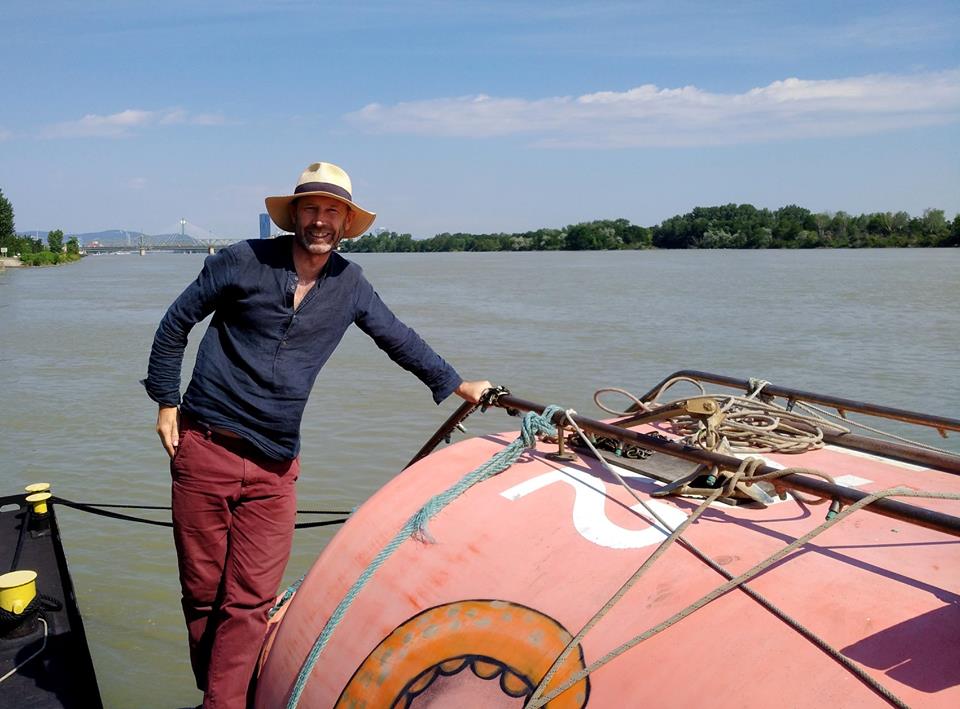All the #OMN projects I’ve worked on over the years, from #OGB to #indymediaback, are not directly about social change. They are about creating the possibility of social change. A subtle, but critical difference.
We don’t claim to have the answers. What we do offer are tools, networks, and processes that make it easier for people to imagine that the world can be different, and then help them to take the first step.
Yet still, here’s the mess that keeps being pushed over us. We are told this work is “too high up the stack,” “too fuzzy,” or “too political.” But in reality, the same topics and themes do receive #NGO funding, just safely sanitized within the logic of the #deathcult. In this, the “shadow” keeps getting funded, but the light source is ignored.
When we say “the world can be different,” we’re not talking about abstract theory. We mean literally:
- Media that people control from the grassroots up
- Governance that isn’t locked behind elitist gates
- A web that grows through trust not platforms
- Protocols that reflect values, not just efficiency
But the funding, even in the so-called ‘alternative’ spaces, is trapped in a conservative loop. People working in these orgs are either too captured by their own #geekproblem funding logic, or too afraid to support anything that might really challenge their place in the status quo, by threatening to end the funding flows they live in.
Some of the real replies to the over 20 funding applications I have put in for the last ten years: “This kind of effort is very hard to seek grants for…” “I don’t have an obvious candidate for you to go to, either.” What these polite deferrals mask is a structural failure of imagination. The fear of change is so strong that even funders tasked with enabling alternatives end up only supporting work that conforms to existing institutional logics and barely deviates in meaningful ways from the normal #mainstreaming paths.
So, where does that leave those of us pushing for a real #openweb reboot? We get silence or slow-walked rejections. We burn out or pivot to “safer” projects. Or worst of all, we get absorbed by the very forces we wanted to challenge. And look, maybe that’s the plan. Maybe co-option is the endgame for the #openweb: a slick, tamed version of rebellion, friendly enough for NGOs and palatable to #EU bureaucrats.
But that’s not our plan. Not the plan we’ve been composting all these years. The challenge:
- Funders: If you want the future to be different, stop only funding imitation’s, fund the real thing, step outside the safety of compliance. Trust radical imaginations.
- Builders: If you’re still holding the compost shovel, don’t drop it. The real garden will grow, but only if we stop watering the plastic plants.
- Everyone else, demand more. Not just better bling, but better foundations.
We don’t need more advice, we do need courage. The #openweb is not dead, but it is at risk of becoming another façade unless we build the possibility of real change into its #rebooting core.
I am still digging #makinghistory #OMN #indymediaback #OGB

 Our current grassroots/alt media have websites so already have one foot in the openweb, but none of their sites prominently link in any meaningful way to each others. They do podcasting so anther foot in the open web, but all their effort for outreach is inside the
Our current grassroots/alt media have websites so already have one foot in the openweb, but none of their sites prominently link in any meaningful way to each others. They do podcasting so anther foot in the open web, but all their effort for outreach is inside the 
